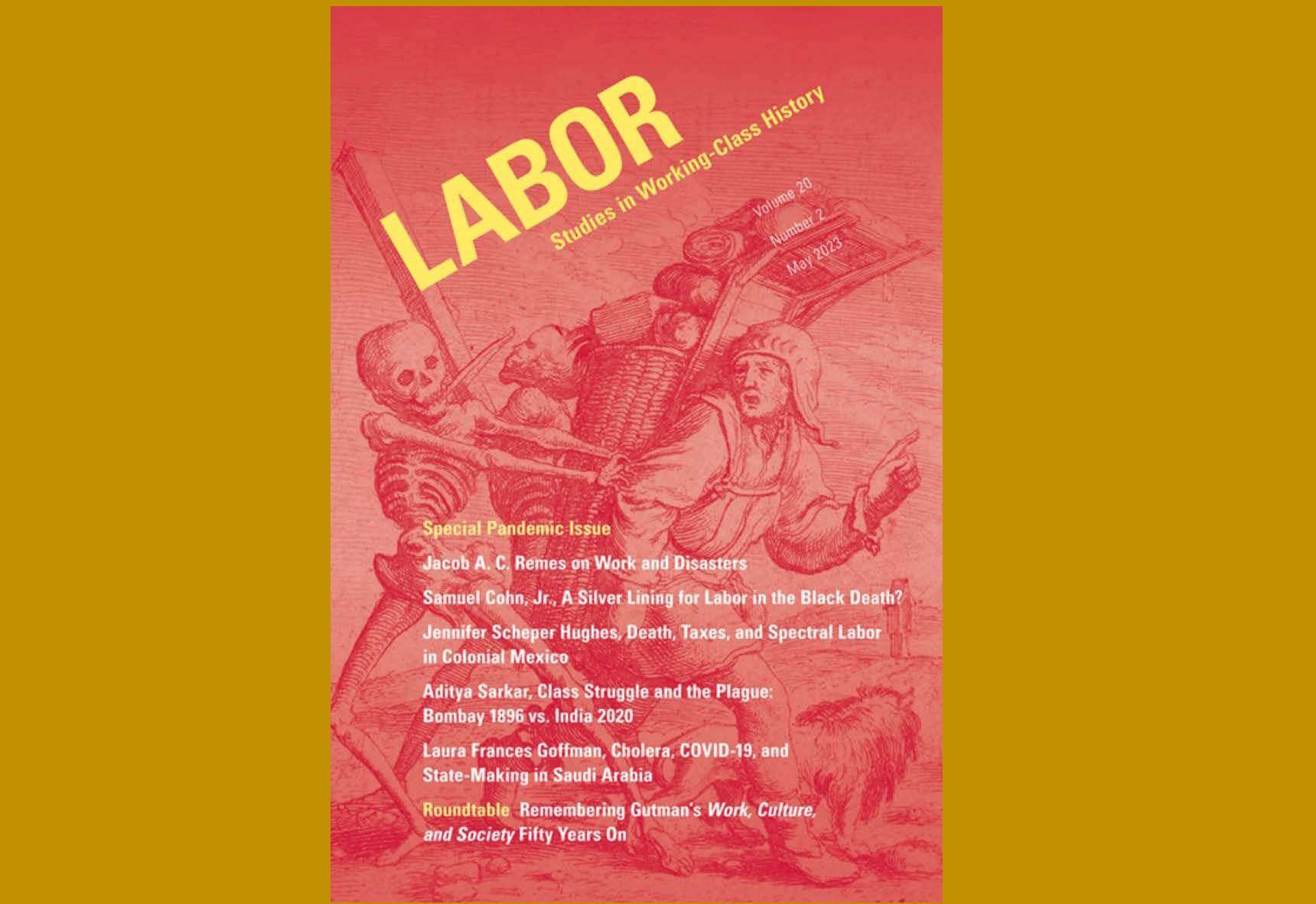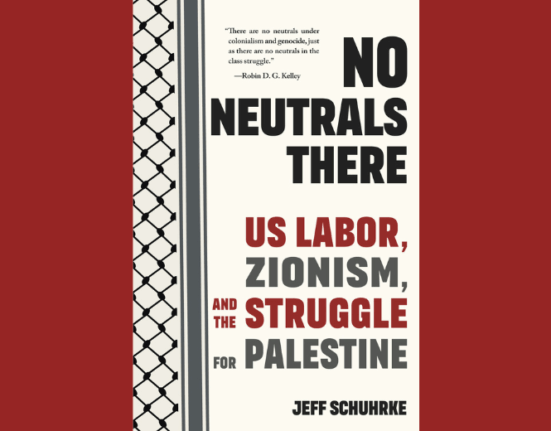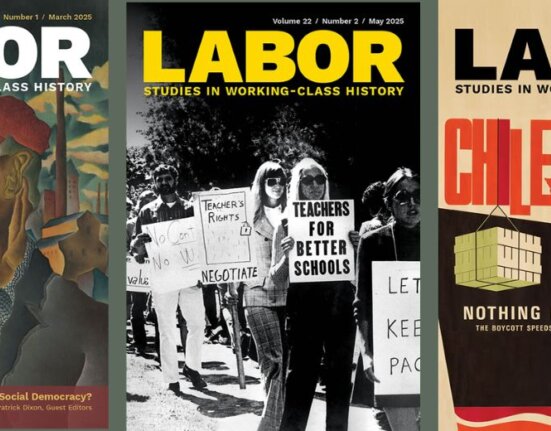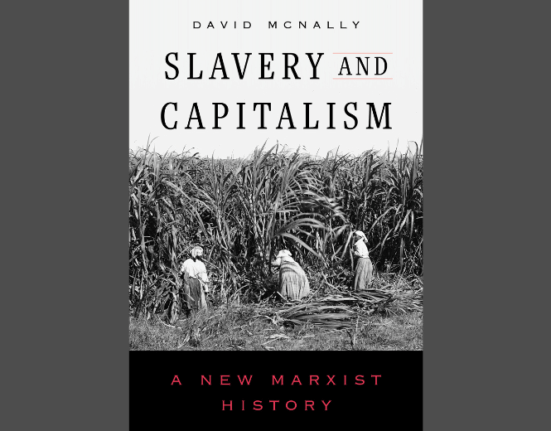Aditya Sarkar’s essay, “Pandemics, Labor Relations, and Political Regimes: The Bubonic Plague and COVID-19 Crises in India,” in issue 20:2 (May 2023) of Labor: Studies in Working Class History is available freely until September 30, 2023, courtesy of Duke University Press. The full essay appeared in the 20:2 (May 2023) issue of the journal. Subscriptions are part of LAWCHA membership. Here we present Sarkar’s introduction and reflections on his essay.

In early 2021, the Government of India decided to print an image of the Prime Minister Narendra Modi’s face on all COVID-19 vaccination certificates. The decision provoked some controversy in India. Opposition parties were quick to condemn the use of the pandemic as an opportunity for Modi’s “self-projection.” A citizen in the state of Kerala lodged a court case against the decision, claiming that his fundamental rights had been violated by the compulsion to carry a photograph of the Prime Minister. (The case was defeated in court). A minister in the central government claimed that the decision embodied “the ethical responsibility to spread awareness in the most effective manner”. Indians travelling abroad were subjected to some of the more darkly comical vicissitudes of the Prime Minister’s self- acclamation: immigration officials unfamiliar with his face accused Indian travellers of fraud when they showed their vaccine certificates.
This episode revealed something important about contemporary Indian politics: it demonstrated that a major national crisis (and one in which the infirmities of India’s public health delivery systems were brutally exposed to a global audience, to boot) could nonetheless be the basis of a symbolic and discursive political coup by the ruling party. Immediately following the nationwide lockdown announced overnight in March 2020, the government began to claim dramatic, world-beating success in the fight against the pandemic.
This worked remarkably well: to date, no oppositional forces have been able to puncture the entirely unfounded story of ‘world-beating’ pandemic management spun by the government. An intensely personalized, and highly effective, populist strategy was thus enabled by a crisis that should by rights have been the death knell for a government whose COVID-19 failures are well known across the world. Within India, however, no political price whatsoever has yet been paid by the far-right BJP government. Policy failure, it seems, readily translates into political success. By a peculiarly effective act of political alchemy, therefore, a crippling crisis, which exposed multiple levels of state failure and unpreparedness, was successfully annexed for the purpose of a ruling party’s self-congratulatory propaganda.
 The purpose of my recent article in Labor: Studies in Working Class History is to subject India’s currently regnant authoritarian populism to a genealogical analysis.[1] I do this by means of a historical contrast. Two episodes of pandemic crisis in India’s modern history – the bubonic plague pandemic that convulsed British India in the late 19th century, and the recent COVID-19 crisis – are each viewed through the mirror of the other. Such a historical comparison, I suggest, reveals a profound, continuous transformation in the character of the political regimes that have governed India over the last century and a half. It throws some light upon the nature of the political shift from colonial rule to postcolonial democracy, and reveals contrasting political logics and possibilities respectively encased in the two structures of rule.
The purpose of my recent article in Labor: Studies in Working Class History is to subject India’s currently regnant authoritarian populism to a genealogical analysis.[1] I do this by means of a historical contrast. Two episodes of pandemic crisis in India’s modern history – the bubonic plague pandemic that convulsed British India in the late 19th century, and the recent COVID-19 crisis – are each viewed through the mirror of the other. Such a historical comparison, I suggest, reveals a profound, continuous transformation in the character of the political regimes that have governed India over the last century and a half. It throws some light upon the nature of the political shift from colonial rule to postcolonial democracy, and reveals contrasting political logics and possibilities respectively encased in the two structures of rule.
This emphasis on historical contrasts may seem odd. During both the bubonic plague and the COVID-19 crises, after all, the astonishing ineffectiveness of public health systems in India was made starkly visible. The colonial state’s handling of the plague crisis was brutal, authoritarian, ham-fisted and counter-productive: so too was the ruling BJP’s response to COVID-19. Superficially, this might suggest that “little has changed”. I argue the opposite: the very ‘similarities’ evident in the state response to the two crises, I claim, actually reveal a profound historical break, rather than seamless continuities.
What does this ‘break’ consist in? To put it in a nutshell: it is revealed by the photograph appended above. Something equivalent to Modi’s publicity coup would not have been possible, or even imaginable, at any point during the history of colonial rule. Colonialism, as Subaltern Studies scholars have suggested, was premised on a political logic that can be expressed as ‘dominance without hegemony’: the conduct of colonial authority necessarily foregrounded coercion over persuasion.[2] Crucially, crises such as the one unleashed by bubonic plague afforded little opportunity for bolstering the popularity and legitimacy of state authority.
Post-colonial political authority inherited colonial structures of force and coercion, and even amplified them. One immensely important dimension of its functioning, therefore, consists in the continued force of ‘dominance without hegemony’. But there is nonetheless a major historical shift: unable to craft a durable hegemony (in which citizen-subjects recognize themselves in the self-images of state power), post- colonial power nevertheless relentlessly seeks such hegemony, and its search for it has drawn it ever ‘closer’ to the social worlds it seeks to rule. State power in post- colonial India has been elaborated in a context of progressively intensified mass, competitive democratic politics, which gives such hegemony-seeking exercises a distinctive force of their own. It is the achievement of the current Indian government to have explored, very fully, one of the political potentialities of this transformed constellation of authority. This potentiality is summed up telegraphically but effectively by the category of ‘authoritarian populism’. The Indian vaccine certificate, the Supreme Leader’s face emblazoned on it, condenses the logic of this authoritarian populism into a single image.
The historical mutations of Indian politics between the late 19th century and the present, between colonial authoritarianism and post-colonial populism, compose the analytical stakes of this essay. Empirically, the argument is based upon a particular historical problem: the character of labour relations under colonial and post-colonial rule, and the predicament of India’s working-class populations during the respective pandemic crises. During both crises, mass migrations of urban labor to the rural hinterland were the first intimation of popular response. Workers, trapped in cities without minimal means of subsistence as the pandemic wreaked its havoc, trekked back to the rural worlds in which they retained a tenuous base. The fact that this was the first visible mass response to pandemic crisis in both 1896 and 2020 certainly reveals a striking level of historical continuity. Yet beyond this, there are even more significant mutations. Plague crisis, in the city of Bombay around the turn of the twentieth century, generated explosive and militant articulations of laborring unrest, which temporarily transformed relations between workers, capital and the
state. Similar levels of social suffering in 2020, on the other hand, revealed no such “political” potentialities. Pandemic crisis in the late 19th century shook the foundations of colonial state authority, as well as the authority of capitalist employers. During the COVID-19 tragedy, on the other hand, crisis seemed to bolster constituted forms of political authority, and deepen rather than disturb the structures of subaltern subjugation.
To make sense of this historical contrast, I suggest, we need a two-pronged analysis. We need an account of the transformation of labor regimes in India between the late-colonial period and the present, and we need a more general account of the transformation of state-society relations, as well as the mutations in the character of political regimes, over the same period. This article marks, I hope, the beginnings of such an analytic project.
[1] I use ‘genealogy’ here in a strictly Foucauldian sense – as a sequence of historical mutations that help make sense of a ‘history of the present’.
[2] See Ranajit Guha, Dominance Without Hegemony: History And Power In Colonial India (Harvard, 1998)








1 Comment
Comments are closed.